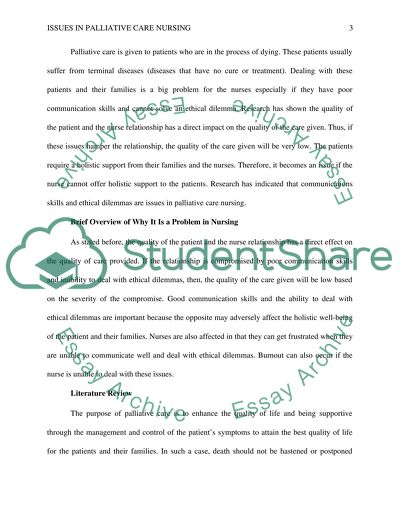Cite this document
(“Issues in Palliative Care Nursing Research Proposal”, n.d.)
Retrieved from https://studentshare.org/nursing/1453849-research-proposal-literature-review-research
Retrieved from https://studentshare.org/nursing/1453849-research-proposal-literature-review-research
(Issues in Palliative Care Nursing Research Proposal)
https://studentshare.org/nursing/1453849-research-proposal-literature-review-research.
https://studentshare.org/nursing/1453849-research-proposal-literature-review-research.
“Issues in Palliative Care Nursing Research Proposal”, n.d. https://studentshare.org/nursing/1453849-research-proposal-literature-review-research.


